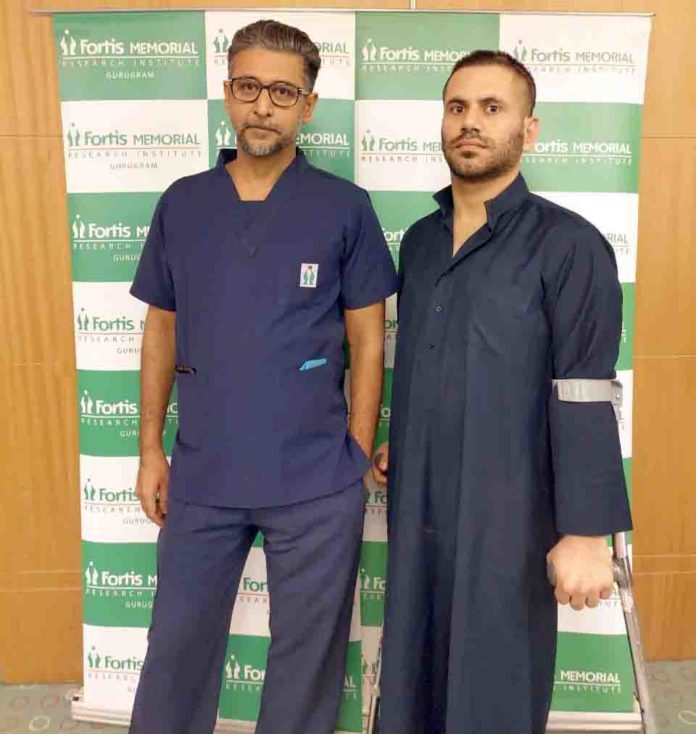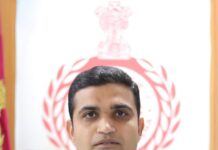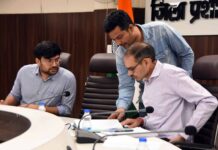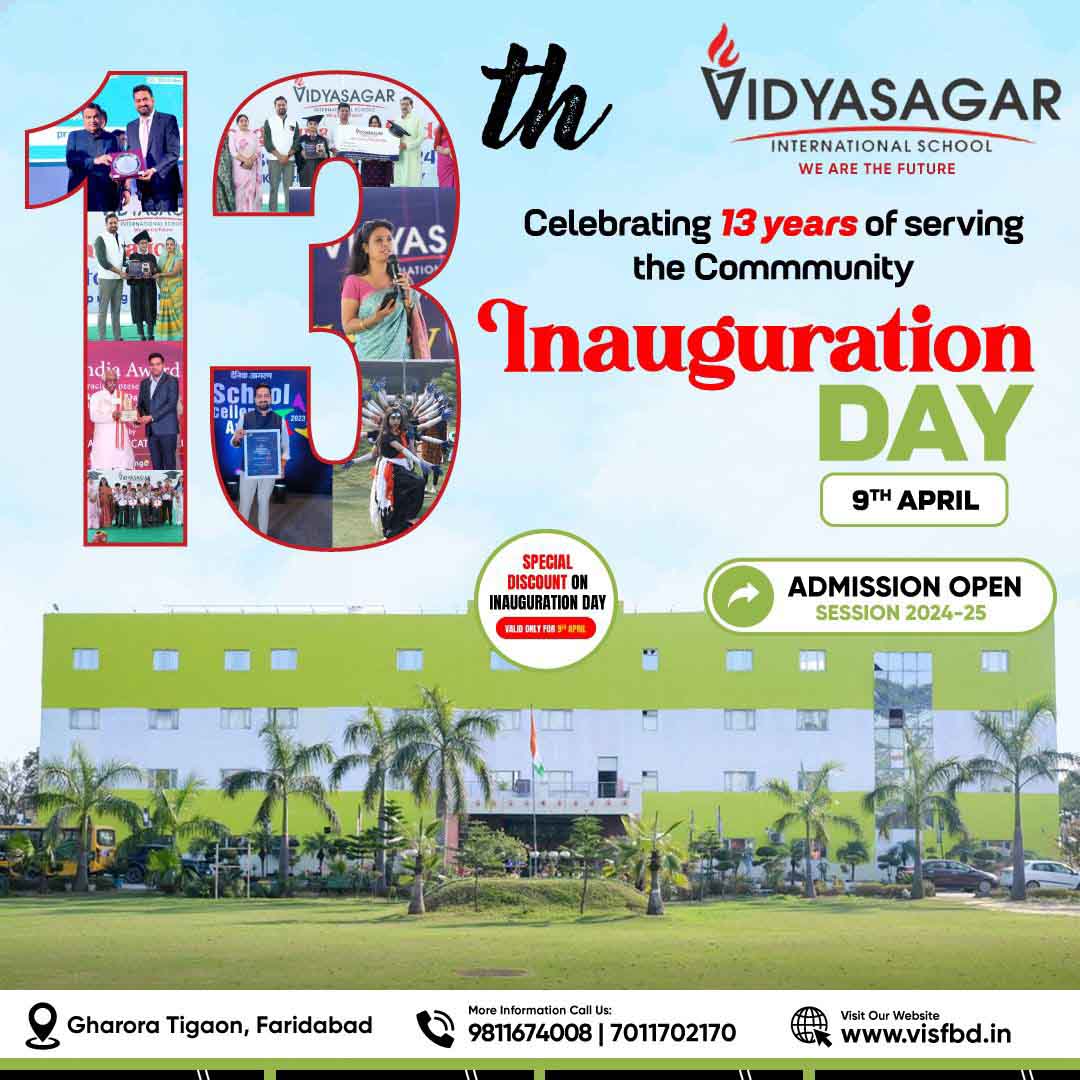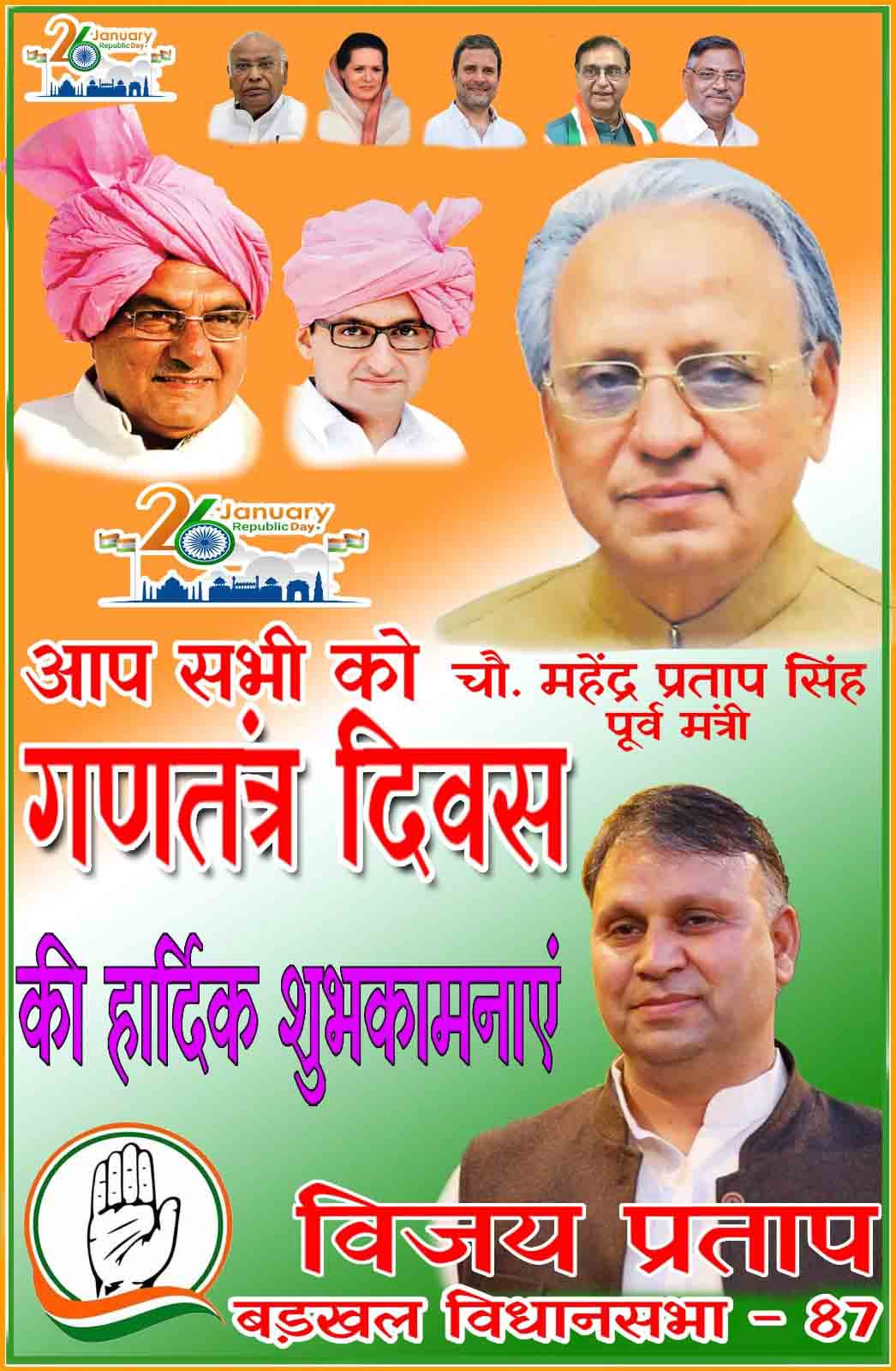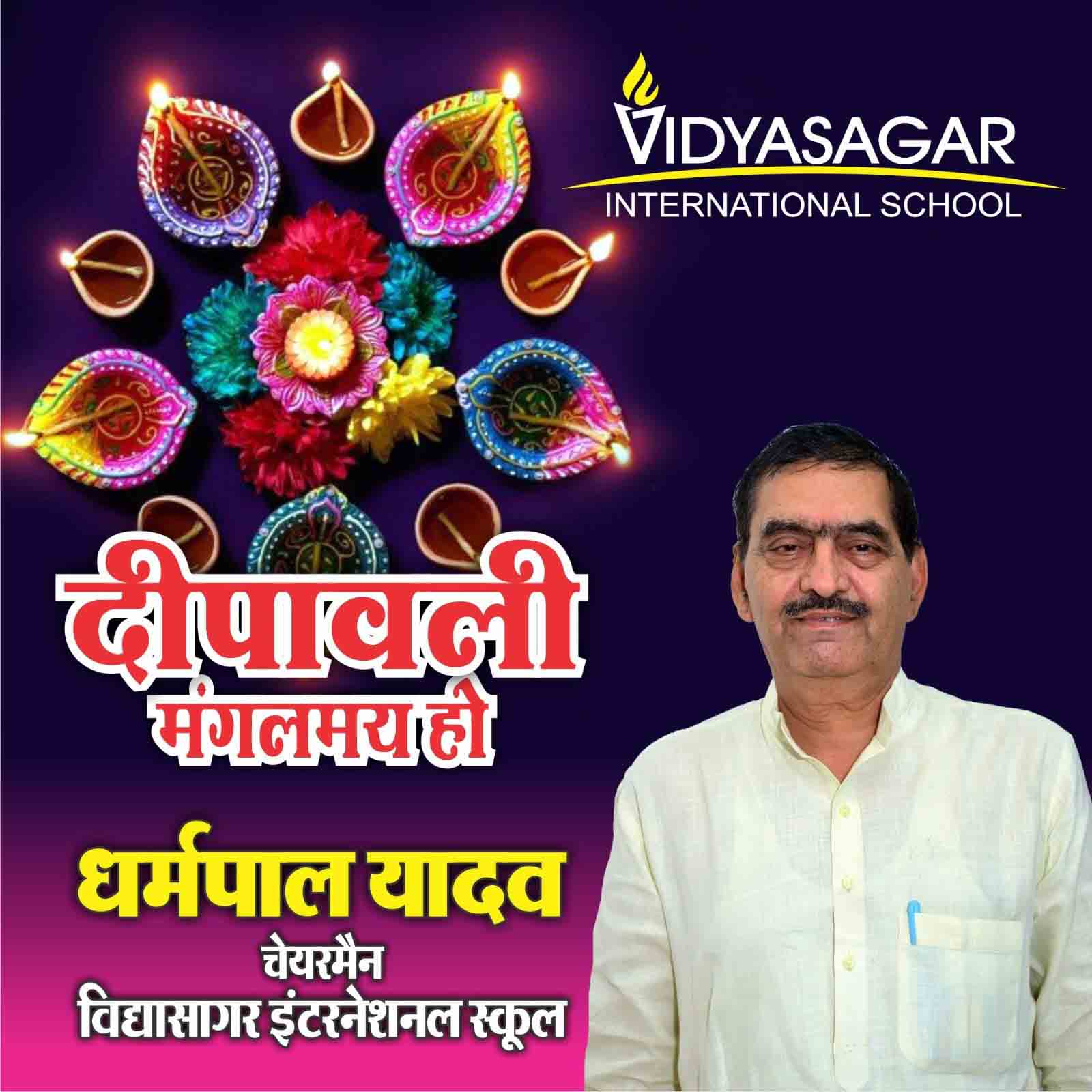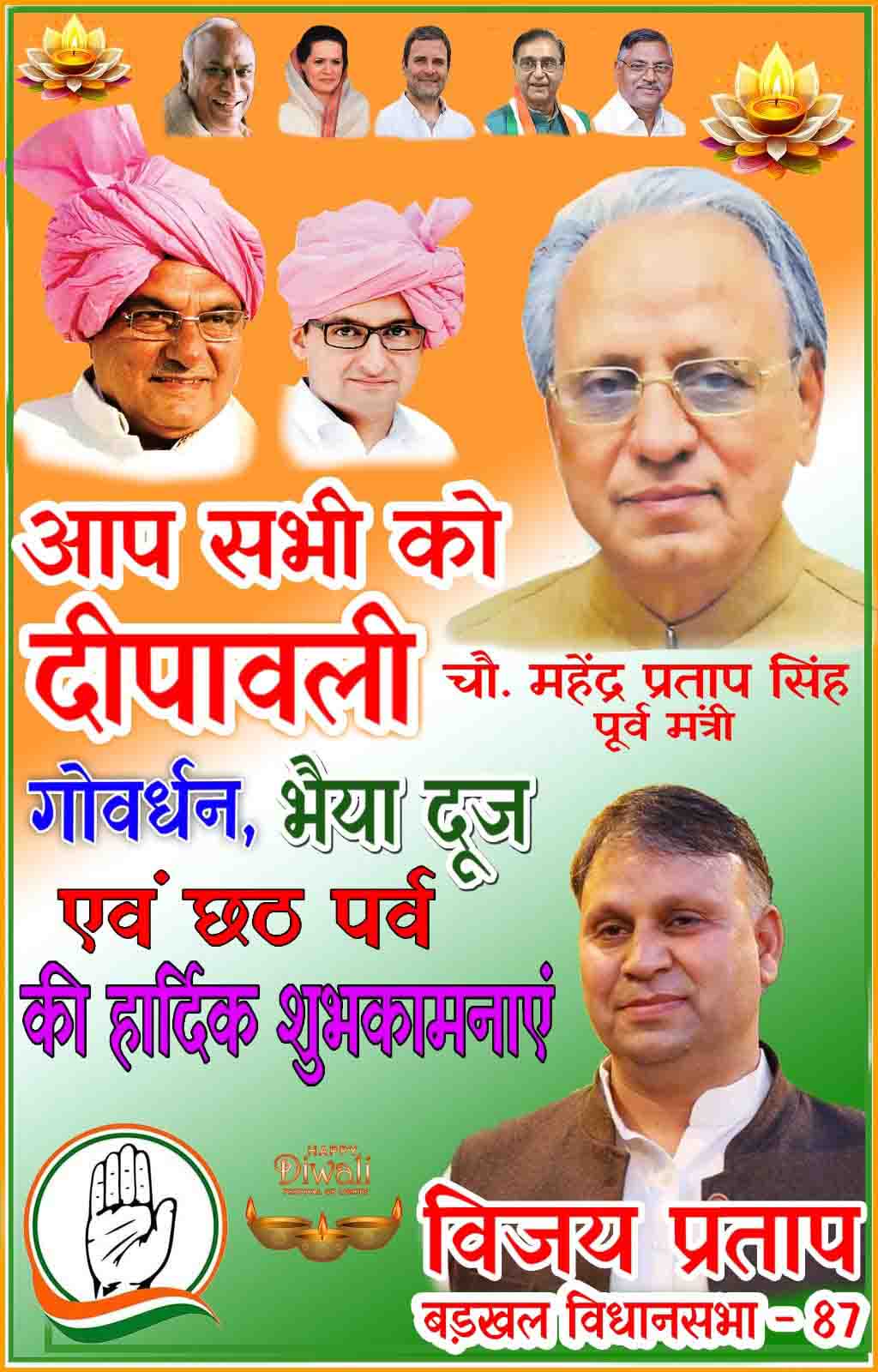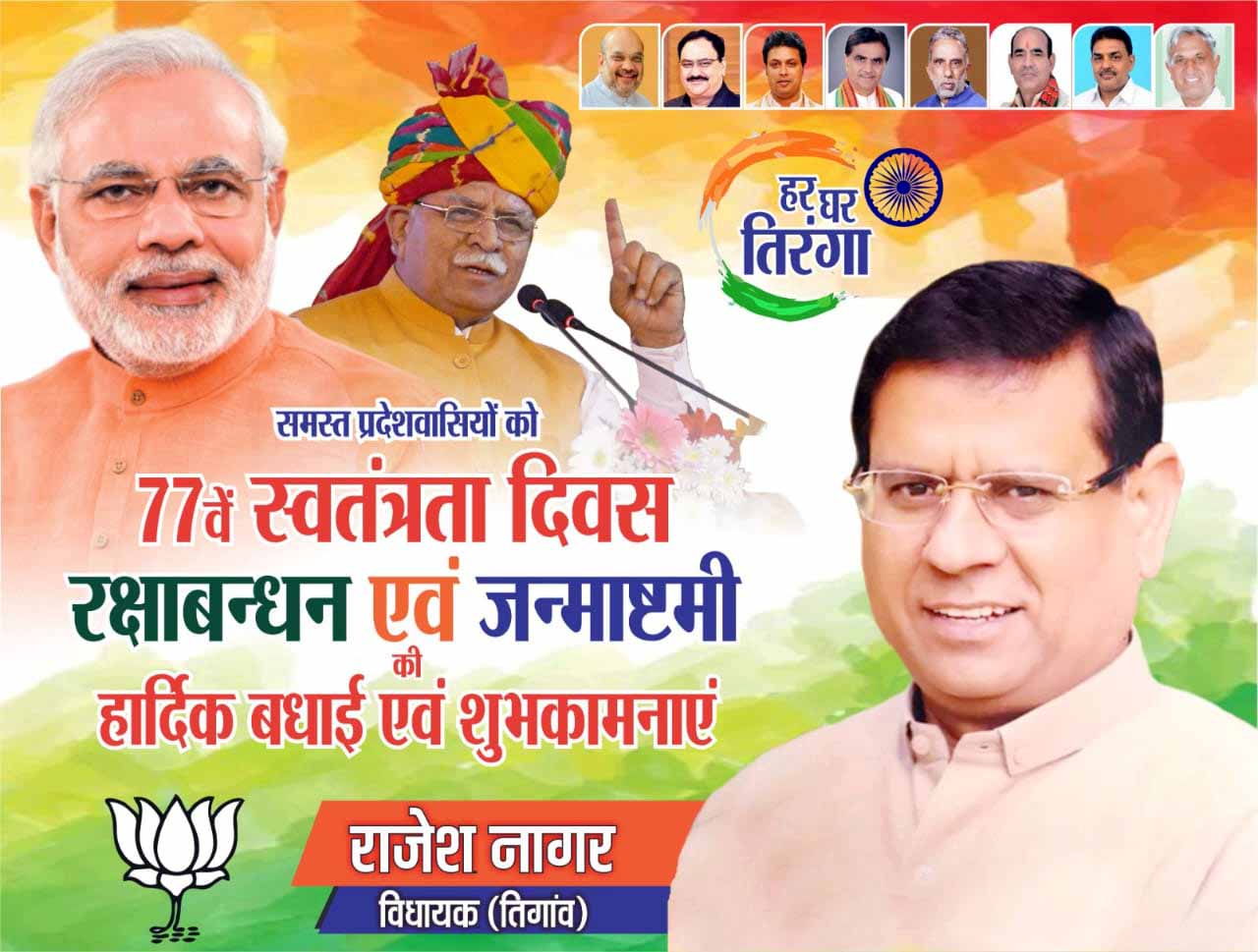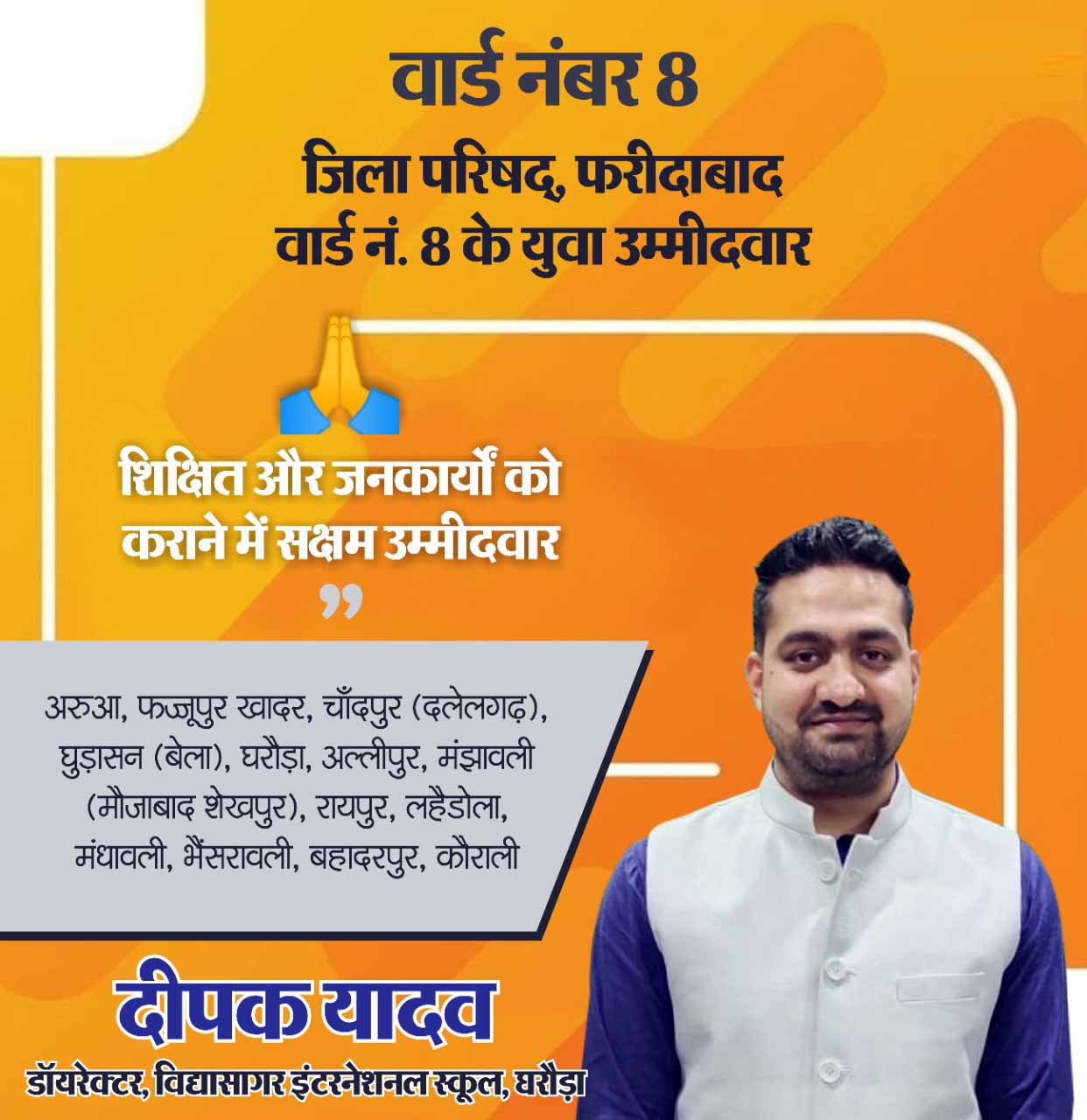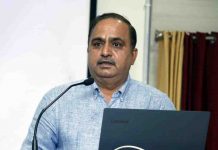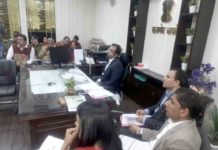Gurugram News, 19 Nov 2019 : A team of doctors at Fortis Memorial Research Institute (FMRI) performed a deep brain stimulation surgery on a 28-year-old man from Iraq to treat a rare neurological disorder, Dystonia, in Gurugram recently. The procedure helped the patient to walk after being bed ridden for 3 years. This genetic disorder is a movement disorder in which one’s muscles contract involuntarily, causing repetitive or twisting movement[i]. The team of doctors was led by Dr Sandeep Vaishya, Executive Director, Neuorsurgery, FMRI, Gurugram.
Mr Saad Harbi Haid Al-Karawi was presented to Dr Vaishya with Dystonia for 14 years. However, the condition deteriorated in 2016 when he was completely bed ridden as he failed to sit or stand and was having continuous abnormal movement. Upon careful clinical examination, Dr Vaishya suggested to perform Bilateral Globus Pellidus Internus (GPI) Deep Brain Stimulation (DBS) to cure him out of this condition.
Speaking about the case, Dr Sandeep Vaishya said, “The patient was brought in a severe condition of dystonia. After thorough evaluation and discussion, we decided to implant a device through a procedure known as Deep Brain Stimulation. It usually takes 8 to 10 hours to complete this surgery. Post implantation, the device would deliver carefully controlled electrical stimulation to targeted areas in the brain. This is a very rare procedure performed at few centres in the country. The patient showed visible signs of recovery within a week after the surgery.”
Dystonia can affect one part of the body, two or more adjacent parts or the whole body. The muscle spasms can range from mild to severe. Cervical dystonia is the most common type. Depending on the severity of the condition, many patients find it extremely challenging to perform their regular activities like walking or eating. DBS is a surgical procedure where electrodes are placed deep inside the brain. This complex surgery has a margin of error less than 0.5 mm. Once placed, they are then connected to an implant placed in the chest. Though there are over 2 lakh patients suffering from dystonia in India, however less than 25 surgeries are done for this every year. DBS is also performed for patients suffering from Parkinson’s disease.
Mr Saad Harbi Haid Al-Karawi said, “I am extremely happy that my condition has recovered to this extent. I can now walk and do all the normal activities like anyone else. Without the treatment, this would not have been possible. I am grateful to the entire team at Fortis Gurugram, especially Dr Sandeep Vaishya, for helping me walk again.”
Dr Ritu Garg, Zonal Director, Fortis Memorial Research Institute (FMRI) said, “Our endeavor is always to provide best in class clinical care and 100% chance of recovery to every single patient. Our clinicians and support staff work diligently to deliver global clinical protocols and leverage cutting edge technology for best possible results. Raising awareness on dystonia is very important so that patients can recognize early symptoms and seek immediate medical attention.”


